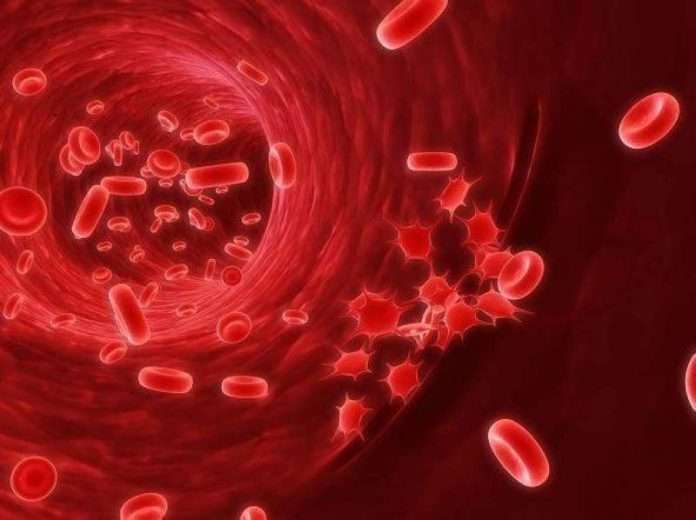British doctors have defended the effectiveness of a treatment for a deadly type of leukemia, the most common type of cancer in children, after the first patient who underwent it recovered.
Alyssa, 13, was diagnosed with T-cell acute lymphoblastic leukemia in 2021. This disease did not interact with the conventional treatments she received, including chemotherapy and bone marrow transplantation.
The teenager participated in a clinical trial conducted at Great Ormond Street Hospital for Children in London, for a new treatment that uses genetically modified immune cells from a healthy volunteer. Within 28 days, she was stable enough to undergo a second bone marrow transplant to reset her immune system, the researchers explained at the annual meeting of the American Society of Hematology over the weekend.
After six months, Alyssa’s condition became good and she returned to her home in Leicester, central England, with medical follow-up.
And the hospital indicated, in a statement today, that “the only option that Alyssa would have had had it not been for her experimental treatment, was palliative care.”
And the expert in immune-related diseases, Wassim Qasim, considered that what was recorded represents “amazing proof of the way in which we can link with specialized teams and infrastructure, between advanced technologies in the laboratory and tangible results in the hospital.”
He added that this “paves the way for other new treatments, and ultimately a better future for sick children.”
And Alyssa confirmed in a statement that she underwent the experimental treatment for her sake and for the sake of all sick children. “I hope this proves to be a successful treatment and that it becomes available to more children,” said her mother, Keona.

















